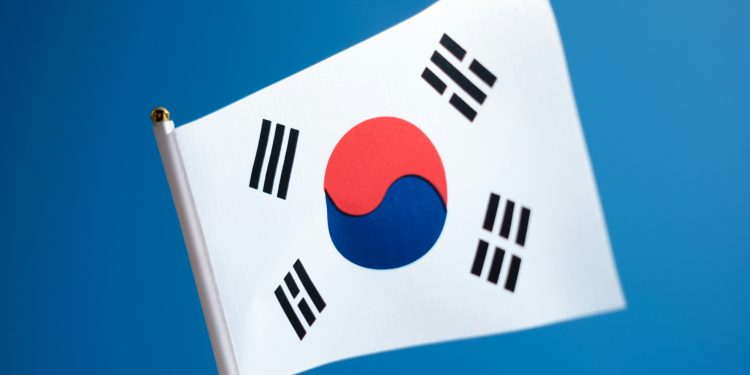South Korea’s medical students announced Saturday they would end their historic 14-month walkout and return to campuses, marking a potential turning point in the nation’s healthcare crisis.
The Korean Medical Association (KMA) issued a joint statement with parliamentary education leaders pledging to “help normalize medical education” while maintaining pressure for systemic reforms to improve training conditions and address specialty imbalances.
The student-led movement began in early 2024 as opposition to the previous administration’s plan to increase medical school admissions by thousands of spots annually. Protesting students argued that simply expanding enrollment would degrade education quality without solving critical shortages in essential fields like emergency medicine and pediatrics.
Their sustained activism forced national conversations about working conditions, compensation structures, and the need for comprehensive reform rather than just numerical expansion of doctors.

In their return announcement, the KMA called for President Yoon Suk Yeol’s administration to establish a special task force involving students, educators, and policymakers to redesign South Korea’s medical training pipeline.
The Human Cost of South Korea’s Medical Standoff
The prolonged strike created ripple effects across South Korea’s renowned healthcare system, with teaching hospitals reporting 30% reductions in resident staffing and some emergency departments temporarily closing.
Patients faced canceled procedures and longer wait times, though emergency services remained operational. The resolution comes as new Health Minister Cho Kyoo-hong takes office promising to address both physician numbers and working conditions that drive specialty imbalances.
What Happens Now
With students returning, attention now turns to whether parliament will approve the Yoon administration’s revised reform package expected this fall. Already, the medical students’ movement has already succeeded in shifting the reform conversation from pure numbers to holistic system improvements – a legacy that will shape South Korean healthcare for decades.
















